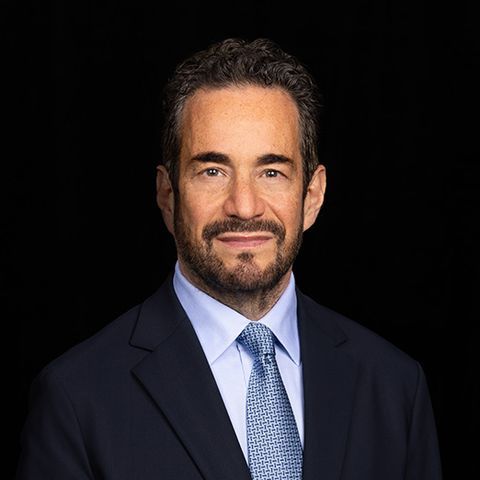Publications
Private Funds — Ideas for Raising New Capital During the COVID-19 Dislocation
March 26, 2020
As COVID-19 continues to disrupt the financial markets, private fund managers of all stripes (including private equity, hedge, direct lending and credit) are seeing opportunities to invest at prices that represent significant markdowns. Those with dry powder are readying themselves for a potential buying spree once conditions stabilize and pricing becomes more predictable. However, for those without dry powder, that were already fundraising or that were about to commence a new fundraising, COVID-19 has unsettled well-laid plans. These managers are looking for ways to raise new capital quickly and efficiently so as not to miss the perceived opportunities.
For managers that want to raise new capital in the short-term, it will be considerably easier to do so from existing investors rather than new investors, for the simple reason that it is presently very difficult for investors to conduct their customary due diligence for new mandates — they cannot meet the key team members face-to-face or conduct other forms of physical due diligence, such as site visits. Existing investors will likely not require the same level of in-person diligence. They often find it acceptable to diligence a new fund or investment over video or teleconferences, given they are familiar with the manager and its products, prior performance and infrastructure.
In this note, we will discuss fundraising alternatives, a recent government initiative (“TALF 2.0,” as we refer to it) and additional practicalities that warrant consideration by managers seeking to raise new capital, as well as certain steps that managers can take to increase their chances of fundraising success.[1] We believe adversity breeds creativity. By using the lessons of past crises, borrowing features from tried-and-tested structures, and thinking creatively, we can help managers to best position themselves during the COVID-19 dislocation.
Read full publication here.
This SRZ publication was authored by Stephanie R. Breslow, Emily Brown, Brian T. Daly, Josh Dambacher, Jennifer M. Dunn, David J. Efron, Marc E. Elovitz, Christopher Hilditch, Daniel F. Hunter, Jason S. Kaplan, Anna Maleva-Otto, Peter G. Naismith, David Nissenbaum, Paul N. Roth, Phyllis A. Schwartz and Joseph A. Smith, with the thoughtful input of other members of the SRZ Market Conditions Working Group.
If you have any questions concerning this publication, please contact your attorney at Schulte Roth & Zabel or one of the authors.
Please see our other Schulte Roth & Zabel Alerts relevant to investment managers, posted on our COVID-19 Resource Center, available here.
[1] This Alert does not attempt to discuss the many considerations of relevance to open-end fund managers seeking to avoid or address investor redemptions or to closed-end managers seeking more time to deploy committed capital. For a discussion of these and other items, see the Alerts for managers of hedge funds and credit, direct lending and distressed funds, available here, and private equity sponsors, available here.
This communication is issued by Schulte Roth & Zabel LLP and Schulte Roth & Zabel International LLP for informational purposes only and does not constitute legal advice or establish an attorney-client relationship. In some jurisdictions, this publication may be considered attorney advertising. ©2020 Schulte Roth & Zabel LLP and Schulte Roth & Zabel International LLP.
All rights reserved. SCHULTE ROTH & ZABEL is the registered trademark of Schulte Roth & Zabel LLP.














